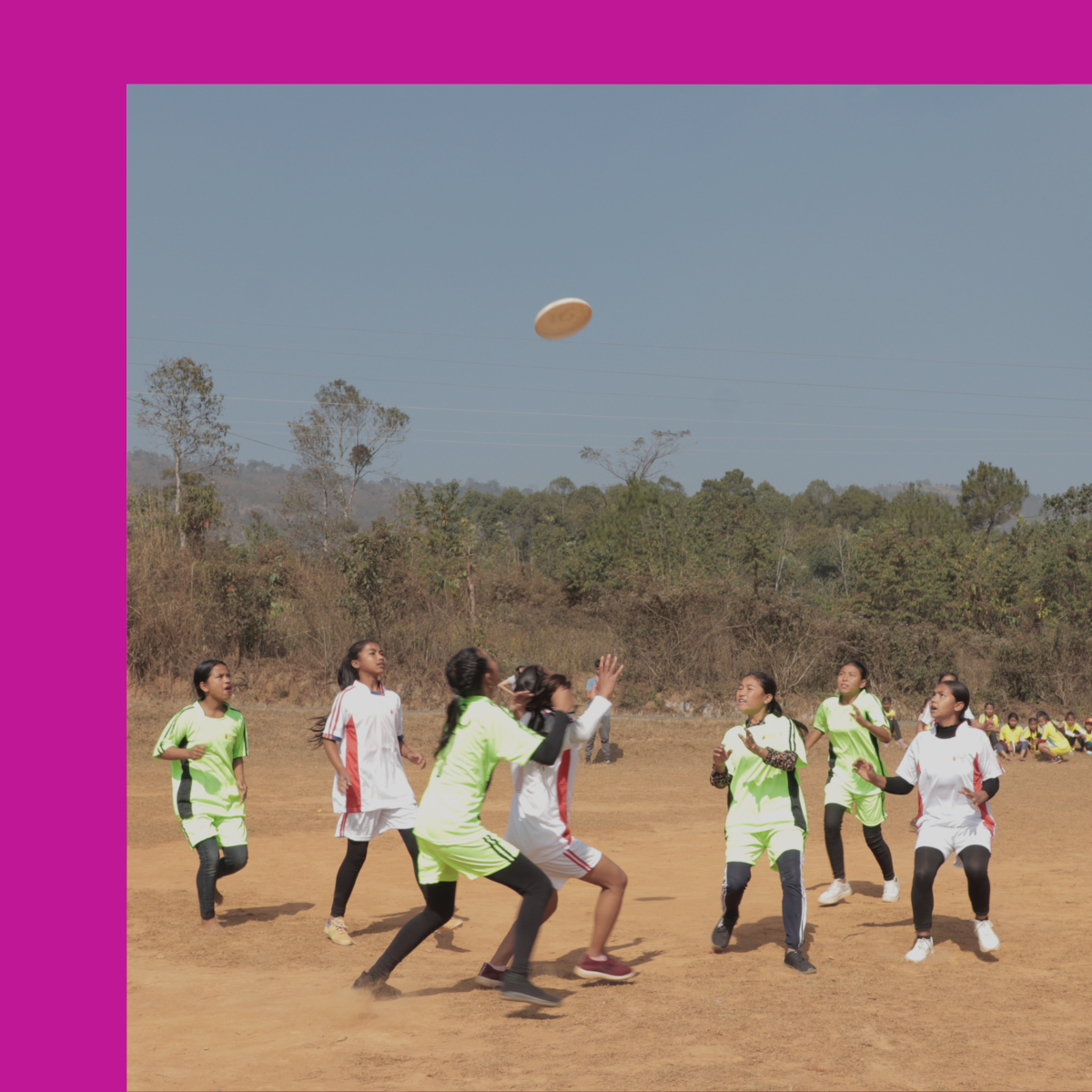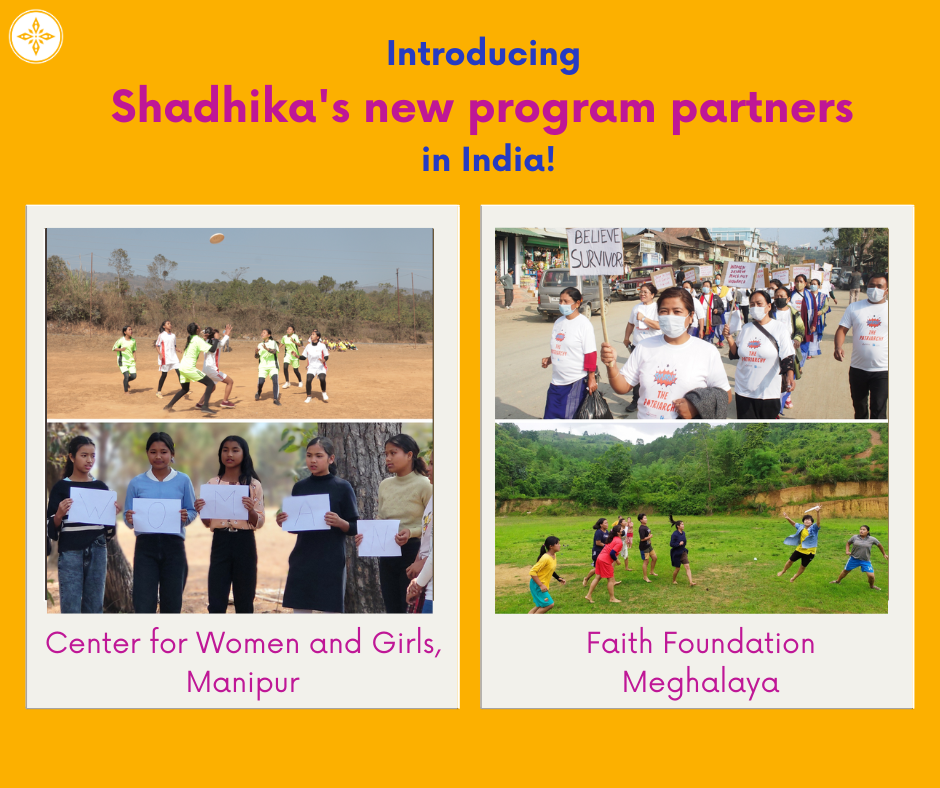
The laws of scalability do not apply in a field where environmental conditions are not uniform and cannot be controlled.
Why We Can’t “Scale Up” Impact in Gender Justice
By My Lo Cook, Executive Director
April 17, 2023
Reading Time: 4 minutesThis post is part of the Executive Director’s blog series. In this series, our Executive Director will be sharing insights on Shadhika’s mission, our gender justice work, and the impact of our programs in India. Follow our Executive Director on Instagram and Twitter for more!
Read more from The Executive Director’s Desk here.
When I talk about Shadhika’s successes and the social innovations our partners are championing, I am often asked “How will you scale it?”
While the concept of expanding impact to as many people as possible is an attractive idea, scalability cannot be easily applied to social change.
Scalability is a mathematical concept largely applied to the business world that assumes that if conditions are held the same, increased resources and efforts will create increased sales and benefits in a predictable and linear fashion. In other words, if it takes X to produce 100 chairs, by investing 2X, you can produce 200 chairs.
In contrast, when trying to predict long-term success (personal and professional), a passion to strive for long-term goals and the ability to be flexible in order to overcome life obstacles are the best predictors–and those can be nurtured by an environment that is both demanding and supportive and where a person is encouraged to explore. This is a consensus, from world-renowned economists to Ivy League social scientists.
And in Shadhika’s theory of change to achieve gender justice in India, we intend to create a pipeline of feminist leaders–an elite of Scholars equipped with a college education, financial independence, and leadership development to challenge and change gender norms in their most immediate social systems.
Each of these Scholars comes from diverse backgrounds, with complex layers of vulnerability that can hinder their ability to achieve self-stated goals or stepping stones towards change. Each Scholar must navigate the dynamics that are the result of their unique identity existing in a specific socio-cultural and economic context.
So the laws of scalability do not apply in a field where environmental conditions are not uniform and cannot be controlled. The efforts to get one Scholar to graduate college and become a changemaker in their own right cannot be scaled. Instead, a hyperlocalized approach that is focused on wraparound support is critical for these Scholars to be successful.
But there are some common denominators that can inform program design and impact growth.
At Shadhika, we have learned that a local presence of experts in community-centric programming and gender politics is best positioned to carry out this high-touch work. They are the true incubators of social innovation–family-centric interventions, individual accompaniment plans, leadership development opportunities, etc.–that promote and nurture Shadhika Scholars’ personal successes. Supporting these grassroots leaders is at the heart of our Support for Success program.
So in 2023, Shadhika is welcoming 2 new partners to its Support for Success network of grassroots feminist leaders:
- – Center for Women and Girls (CWG) in Manipur serves women and girls from Scheduled Tribes to achieve gender equity in a context ravaged by decades-long armed conflict and internal displacement;
- – Faith Foundation in Meghalaya organizes and supports Khasi girls to understand their rights and advocate for their own safety in their rural communities.

Shadhika is thrilled to be able to support these groups and to promote existing and future feminist leadership in tribal regions of India that continue to be underserved and underrepresented.
While some of our partners may be able to reach a higher number of girls in urban settings with high population density, both CWG and Faith Foundation have to contend with difficult community accessibility through mountain roads and linguistic barriers when working across over a dozen tribal dialects spoken in a small area. Public insecurity is aggravated by ongoing armed conflict and internal displacement plaguing the region. The work has to look different and must be adapted to local conditions in order to be effective.
The investment of resources will not be the same to achieve the same results. Expecting otherwise would be counterintuitive, if not harmful.
So let’s throw away the idea of scalability to embrace the idea of growth instead. A growth that may be uneven and unpredictable because of the diversity in India, but a growth that is driven by those most directly affected.
Stay tuned for more details about our new partners in India, Center for Women and Girls (CWG) from Manipur and Faith Foundation from Meghalaya.
Banner image credit: Faith Foundation
Read more
